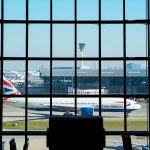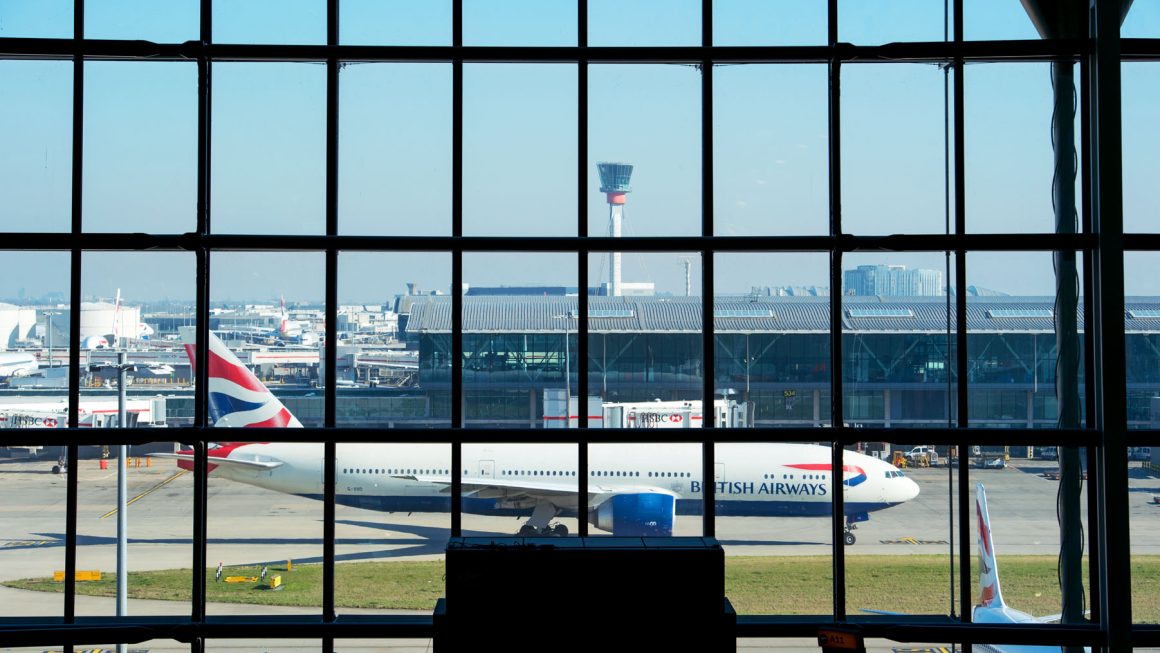The controversial third runway at Heathrow Airport has received fresh backing from Chancellor Rachel Reeves, who promises to fast-track planning permission before the next election as part of an ambitious plan to kickstart Britain’s economy.
In a bold move that puts her at odds with Labour’s London Mayor Sadiq Khan, Reeves announced support for expanding three of Britain’s major airports – Heathrow, Gatwick, and Luton – claiming the developments would “make Britain the world’s best connected place to do business.”
Heathrow CEO Thomas Woldbye immediately welcomed the announcement, confirming the airport’s commitment to the expansion project. “A third runway would unlock billions of pounds of private money to stimulate the UK supply chain during construction,” he said, promising the development would create jobs and boost trade while maintaining environmental safeguards.
However, Mayor Khan voiced strong opposition, stating he wasn’t “convinced that you can have hundreds of thousands of additional flights at Heathrow every year without a hugely damaging impact on our environment.”
The expansion plans form part of a wider economic strategy that includes:
- A new “growth corridor” between Oxford and Cambridge
- Major redevelopment around Manchester United’s Old Trafford
- Revival of Doncaster/Sheffield airport
- Boost to East Midlands airport operations
Reeves has pledged to streamline planning processes, controversially suggesting developers should stop worrying about “the bats and the newts” – a statement likely to alarm environmental groups. The government claims new powers in the Planning and Infrastructure Bill would significantly reduce project timelines.
The Conservative opposition, led by Kemi Badenoch, accused Labour of stealing their policies while warning that the government’s Employment Rights Bill would “destroy” any prospect of growth through increased business costs.
The announcement marks a significant shift in Labour’s approach to infrastructure development, with the party now positioning itself as ready to challenge environmental concerns in pursuit of economic growth. Whether this gamble pays off could determine both Britain’s economic future and the government’s electoral prospects.












